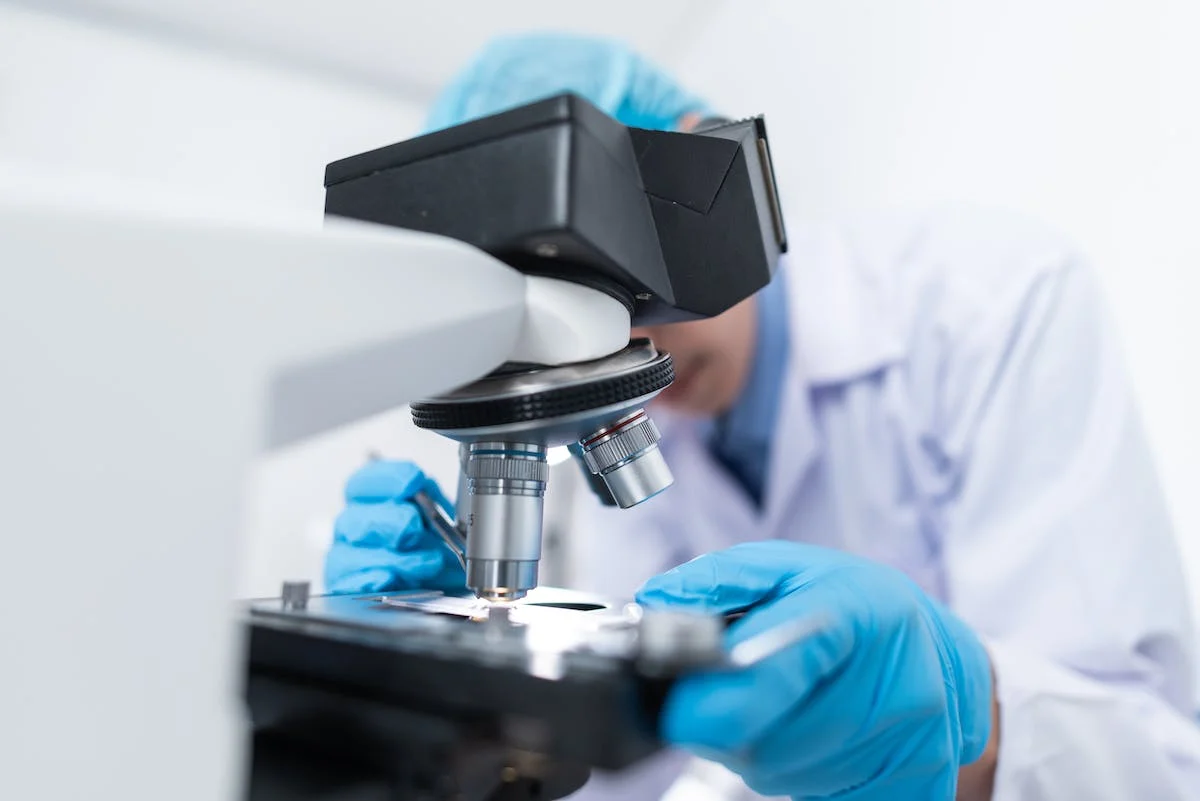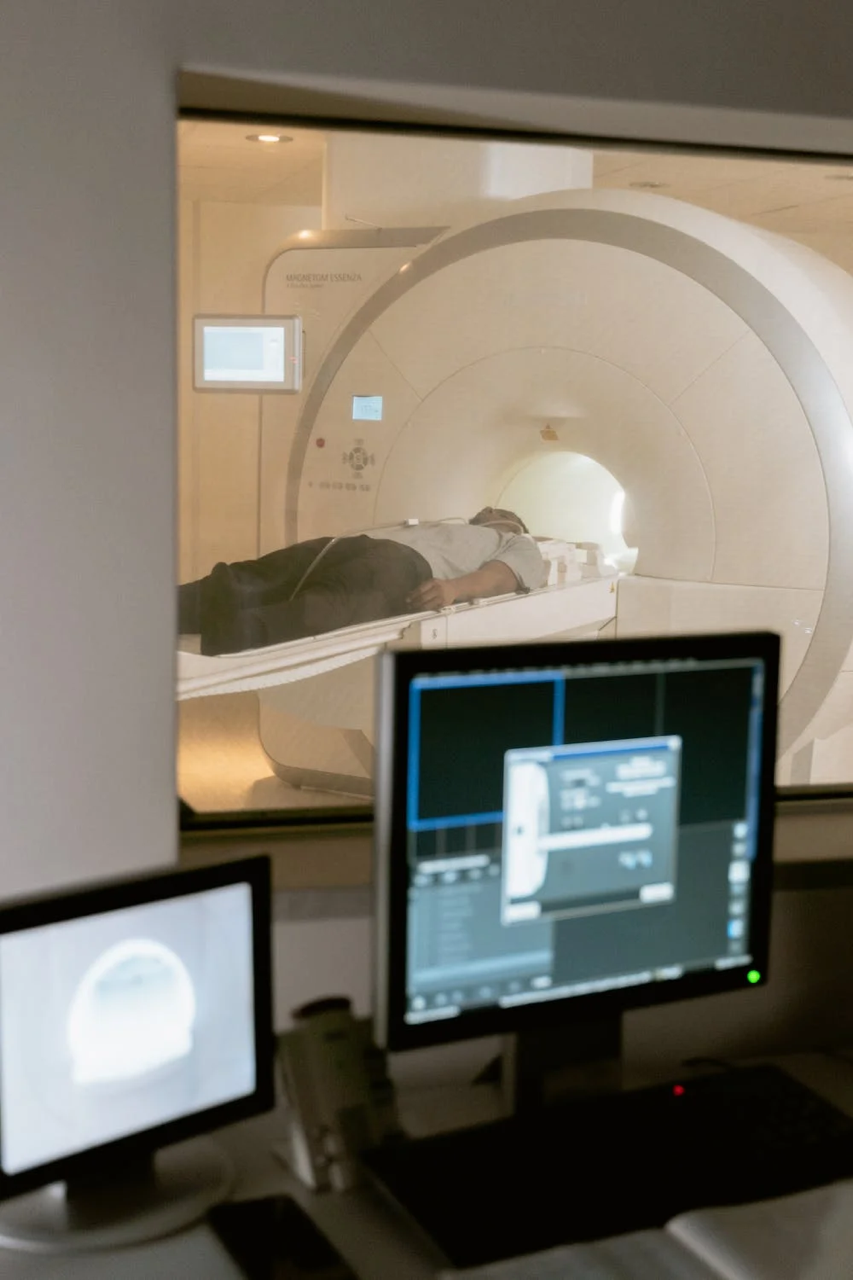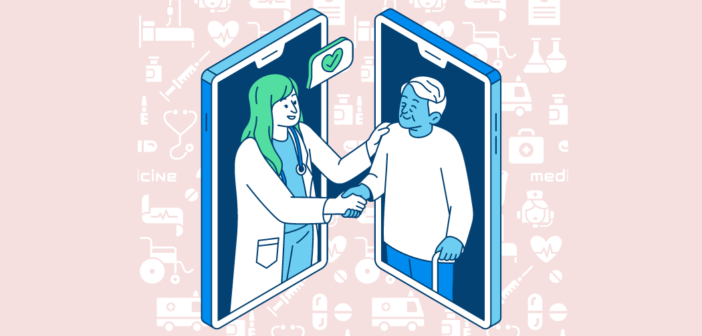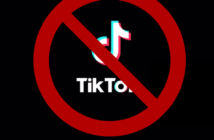By Polina Zadirey, Contributing Writer
In the past few years, the healthcare industry has experienced a significant transformation due to rapid technological advancements. These changes have resulted in a new era of patient treatment and care unlike anything seen before.
“Technology can influence healthcare in a myriad of ways. You can go as far back as research into drug development, and we are seeing technology in the form of high-powered computers predicting what type of drugs might work best for a particular target or assisting with complex statistical analysis in drug studies”, said Dr. Cheryl Kozina, associate professor of biology and pre-med advisor at Saint Leo University.
Among the most significant ways technology has improved healthcare is by enhancing patient care. For instance, telemedicine allows patients to have virtual consultations with doctors, removing the distance barrier and facilitating rapid care delivery.
Also, machine learning and artificial intelligence (AI) have emerged as powerful tools. Through the meticulous examination of vast amounts of medical data, these cutting-edge technologies have the incredible ability to detect patterns, forecast the development of diseases, and modify treatment plans for individual patients.

Dr. Kozina also gave an example of new updates in the treatment stage.
“The news just came out that the FDA approved CRISPR gene-editing treatment for people with sickle cell anemia, which is amazing!”
However, with all these new features that are beneficial to healthcare, there are some drawbacks that people should consider.
For example, new technology in healthcare systems sometimes needs significant financial investments, which may be difficult for systems without the resources to adopt them fully. A gap in technology that isolates specific populations or regions from rapid technological growth could have significant consequences.

Furthermore, there are a lot of privacy and data security issues with healthcare IT. Cyber dangers and illegal access to private patient information are increasing due to the expansion of linked devices and electronic health records.
The integration of cutting-edge technologies into the healthcare industry has undeniably produced positive results, enhancing the standard of patient care, the accuracy of diagnoses, and the effectiveness of treatments. Despite advancements, people should remember that they can face challenges while adopting new technologies.
The healthcare industry is carefully dealing with various challenges in a quest for a more efficient and patient-focused healthcare system. By carefully navigating these obstacles, industry experts aim to optimize the utilization of technology. The goal is to establish a streamlined and inclusive system that prioritizes the needs of patients.
“I think (hope) that in the future we will look back on some of our current treatments and think that they are as barbaric as we view some past treatments now. I’d like to imagine a time where radiation and chemotherapy weren’t standard for cancer anymore and the treatment was much more straightforward with few side effects. While it may not happen in my lifetime, new discoveries are made every day and the technology associated with healthcare moves forward”,Dr. Kozina added.





